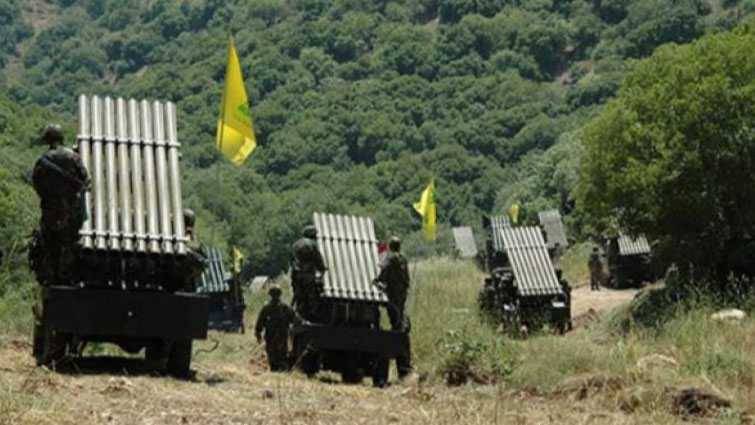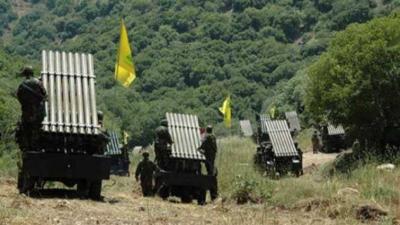Hezbollah found no justification for the sudden visit of U.S. presidential envoy Amos Hochstein, except to fulfill Israel's demand to reduce its significant strikes on the Israeli interior. There was no news or change in the Lebanese stance, which raises the question: what prompted his visit when the ceasefire has yet to materialize?
Upon scrutiny and based on available information, it became clear that Hochstein altered his rhetoric and modified his proposals. Initially, he had linked the southern front to the cessation of hostilities in Gaza but later retreated, discussing the possibility of separating the two fronts. He stated that Israel differentiates between these fronts, and if Hezbollah does not adhere to this separation and continues its operations against Israel, the possibility of war could arise at any moment, as reported by "Nidaa al-Watan."
The American envoy appeared to perceive that the negotiations for a ceasefire in Gaza would be lengthy and arduous, necessitating a separate agreement regarding the southern front. He hinted that Israel might not include the south in this ceasefire once it is announced. He advised seizing the opportunity to initiate negotiations concerning the demarcation of southern borders. According to sources familiar with the situation and what Hochstein conveyed, the envoy sought comprehensive answers from Hezbollah regarding the southern front, offering a range of proposals: political ones related to presidency, and military ones concerning calming tensions and border demarcation. However, Hezbollah's response was consistent: a rejection of any negotiations before the cessation of Israeli aggression against Gaza.
The information indicates that Hochstein’s visit was prompted by the significant escalation that forced Hezbollah to respond with damaging strikes against Israel, which led the American envoy to insist on a return to the pre-October 7 status, omitting references to the withdrawal of the Radwan forces or other conditions mentioned in previous visits. Hezbollah perceived a change in tone and a reduction in demands, where the key matter became stopping the war from the southern front at any cost.
Hochstein's proposals failed to resonate with Hezbollah, which has engaged in the front to support Gaza, as it will not be able to retreat or agree to negotiate the southern front while the Gaza war persists. Hezbollah understands that negotiations are tough and complex and may not yield a quick agreement; nonetheless, it will continue the confrontation, prepared for all possibilities, according to "Nidaa al-Watan."
Hezbollah treated the American envoy's comments as mere intimidation, discounting the likelihood of Israel launching a wide-ranging war against Lebanon. In the event of a ceasefire, Hezbollah expected to halt its strikes from the southern front and anticipated that Israel would also halt its aggressions; if it does not, Hezbollah would be compelled to retaliate, despite affirming, according to its sources, that it does not want or seek a war.
In instances of warnings against war, as well as pressure to separate the south from Gaza, the proposals from the American presidential envoy are deemed non-negotiable. His discussions of a war expansion fall under the category of intimidation that international envoys have commonly employed since the war began. Hezbollah insists on rejecting any discussion about borders or aligning with any international offer unless the Israeli war on Gaza ceases. It asserts that reaching an agreement on a potential ceasefire could prompt discussions on subsequent stages; otherwise, the front cannot be halted under any pretext.
The party insists on maintaining the linkage of the two fronts as long as the south acts as support for Gaza; its continuation is obligatory as long as the war on Gaza is ongoing. However, it simultaneously confirms that this front will cease once a ceasefire in Gaza is declared, unless Israel insists on continuing its aggression and launching strikes on the south, in which case a response would be inevitable, potentially leading to an open confrontation.
Hezbollah does not want war nor is it seeking it; however, should Israel wish for it, it will engage and open the door to confrontation fully. Nevertheless, it assesses that Israel will abide by the ceasefire and apply it to Lebanon, given its inability to expand the front and the American pressures exerted upon it.




